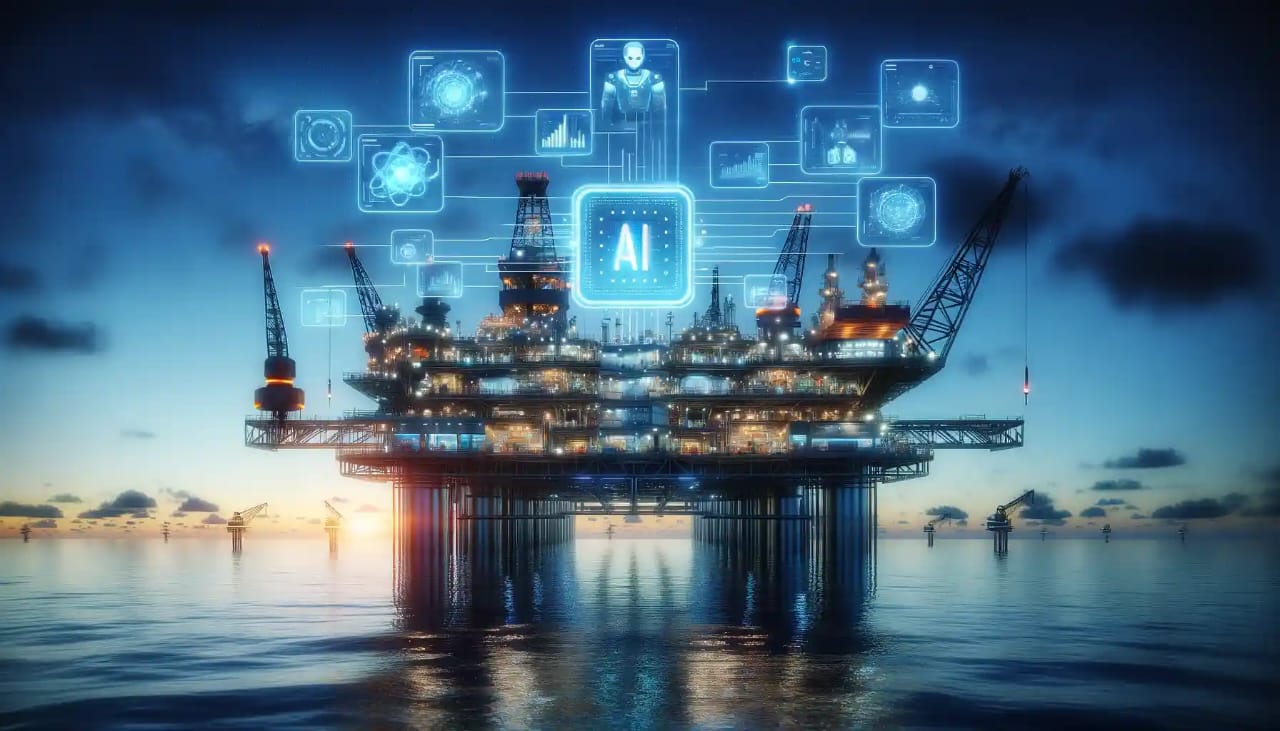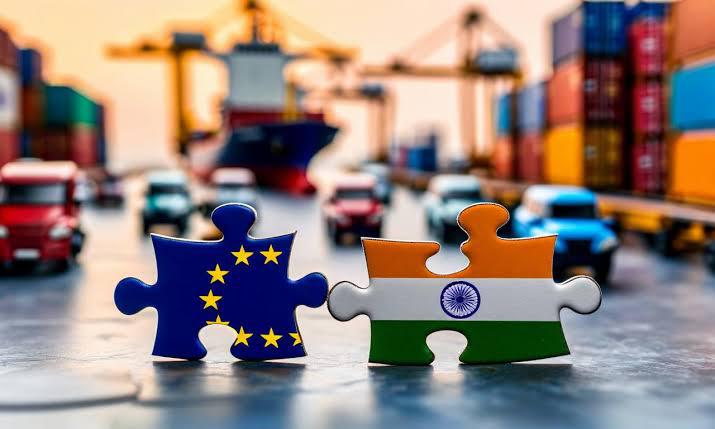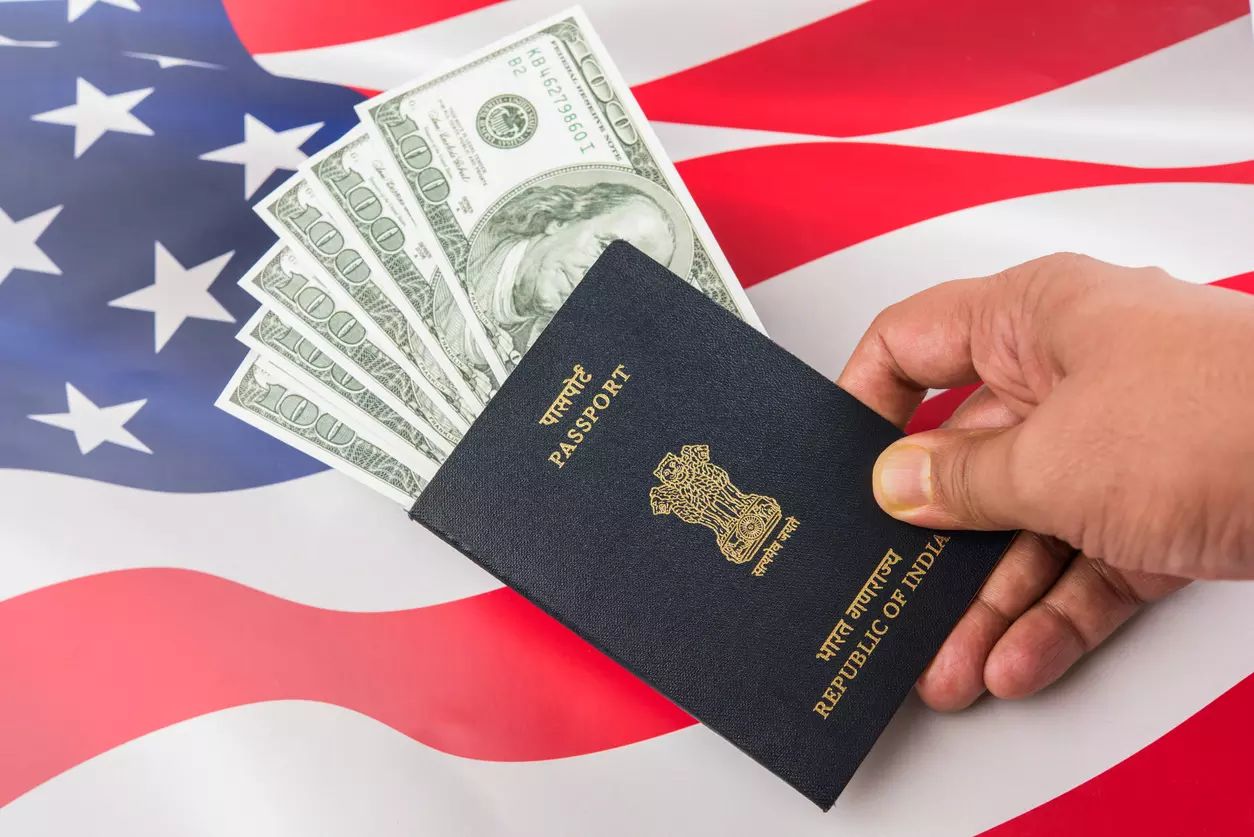As the new Trump administration heralds the end of the Transatlantic alliance, it marks the post-war moment in the third decade of the 21st Century.
When the “Big Three” of the 20th Century, U.S. President Franklin D. Roosevelt, British Prime Minister Winston Churchill, and Soviet Premier Joseph Stalin came to the Black Sea resort town, Yalta in early February 1945, they finalised the strategies for the last leg of the Second World War (knowing that an Allied victory was inevitable) and forged a post-war settlement. The Allied leaders also discussed the future of Germany, Eastern Europe, and the United Nations, as well as how the world should look in the coming years. Surprisingly, for many and not so surprising for others, the French leader General Charles De Gaulle was not invited to the Yalta and attributed his exclusion from Yalta to the longstanding personal antagonism towards him by Roosevelt (uncanny resemblance with the absence of Ukrainian president and interlocutors from the deal on Ukraine war between United States and Russia). The Yalta and the Potsdam conferences started a fresh bid to remake the world from the ashes of two world wars.

With the failure of the League of Nations in the recent past, world leaders were optimistic and also cautious about the success of the United Nations. However, with support from the major powers like the United States and the Soviet Union, the United Nations eventually took off. The death of Roosevelt and the arrival of Henry Truman at the helm of the United States also marked the emergence of a bipolar world and in the next few years what ensued was the Cold War. President Harry Truman signed the Marshall Plan, officially the European Recovery Program, into law on April 3, 1948, providing $13 billion in aid to Western Europe to help rebuild after World War II and counter the spread of communism. The birth of NATO on 4th April 1949 became the cornerstone of the new relationship after two bloody World Wars and marked the beginning of “transatlantic cohesiveness”.
Now, after 80 years of the Yalta and Potsdam, the transatlantic partnership and the present international order faces an unprecedented threat with the “Trump 2.0” at the helm in Washington. Firstly, on February 4, 2025, President Donald Trump issued a far-reaching executive order that could radically alter America’s global involvement. The order mandates a thorough review of all multilateral organisations the U.S. belongs to and all international treaties it is a party to, with a 180-day deadline. The goal of this review is to assess whether the U.S. should continue its support or withdraw. This marks the beginning of a pivotal and potentially transformative shift in American international policy, challenging a key component of post-World War II global engagement.
Secondly, speaking at the Munich Security Conference, U.S. vice-president JD Vance launched a brutal “ideological” attack on the European leaders accusing them of suppressing free speech and failing at halting illegal immigration. Leaving the audience and the top European leaders stunned, Vance had said, “The threat that I worry most about for Europe is not Russia. It’s not China. It’s not any other external actor. What I worry about is the threat from within—the retreat of Europe from some of its most fundamental values, values that are shared with the United States of America.”
Thirdly, as Vladimir Lenin observed, ‘There are decades where nothing happens and there are weeks when decades happen’, the meeting between US President Donald Trump and Ukrainian President Volodymyr Zelenskyy at the Oval Office became a classic for the history and politics books. The meeting started with smiles and a few laughs turned into a nightmare for Zelenskyy as the US president directly blamed him for the loss of Ukrainian lives and at one point said, “You are gambling with the World War Three”, urging him to be more thankful towards the United States. Insisting the Ukrainian president to finalize a deal with Russia, Trump threatened him with a US exit by all means. What came as a big pushback for Zelenskyy, was that it seemed as if Trump was warning him, when he said, “People are dying…you’re running low on soldiers”.
In a nutshell, Trump through his newly appointed team of close allies, Oligarchs, foreign policy experts and confidantes, signaled the exit from multilateral institutions and threatened to leave Zelenskyy without US support if he didn’t agree to the terms of the deal. This deal which seems to have been eventually finalized by the United States and Russia without Ukraine, pushed the European leaders to ramp up their defense spending and sent tremors within NATO. Notably, the three episodes which occurred within less than a month created havoc in Europe. It was after all Europe which was the celebrated beneficiary of the post-war, rules-based order or the liberal international order. Now, as the exit of US boots from the battle ground in Ukraine looks inevitable, the burden of facing a stronger and confident Russia comes on the shoulders of Europe.
Some analysts are even calling it the death of the “West”, which the United States sculpted in partnership with Europe. Some labeled the triumph of nationalism (Make America Great Again and the right-wing domination in the world) over globalism as what was envisioned by Samuel Huntington in his “Clash of Civilisations” thesis. Although, looking at Trump’s disruption from a different prism it can be argued that “It is the clash of civilizations lite: a series of gestures and a style of leadership that can reconfigure competition over (and cooperation on) economic and geopolitical interests as a contest among crusading civilization-states.”
Some also wondered if Trump was attempting another “Kissinger” moment in the history of international politics – in reverse this time – by charming Russian President Vladimir Putin into abandoning his marriage to Chinese leader Xi Jinping and making a seemingly unholy alliance with the United States? The answer to these questions is certainly unpredictable, given the brand of politics President Trump champions.
What seems certain in the current reality is that Trump’s return to the helm is set to alter the present world order, and as history teaches us, a new international order awaits where things will be certainly different from what our generation has lived through.





